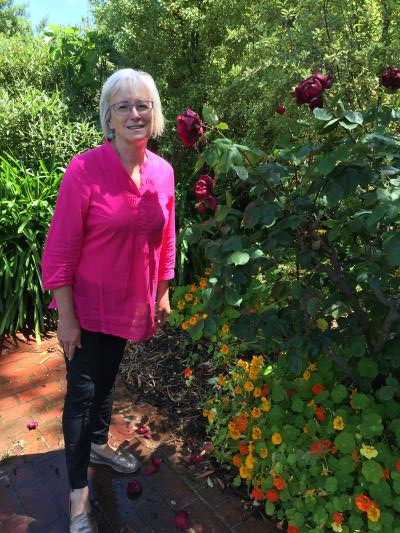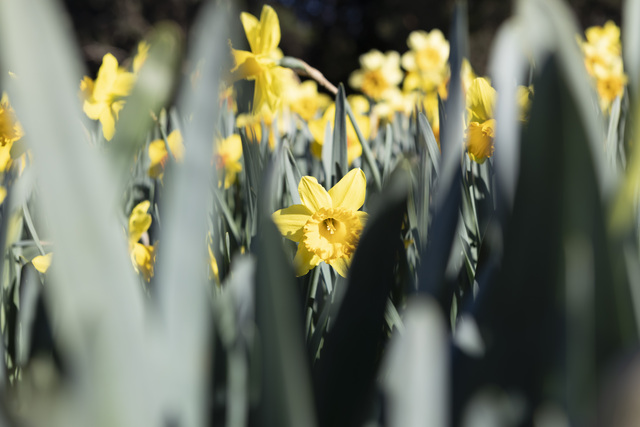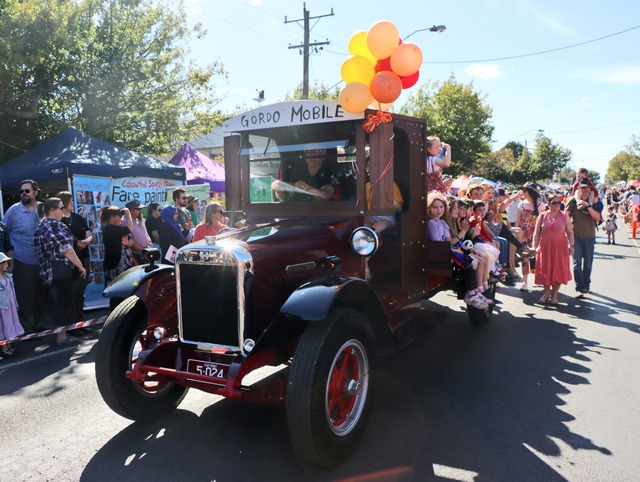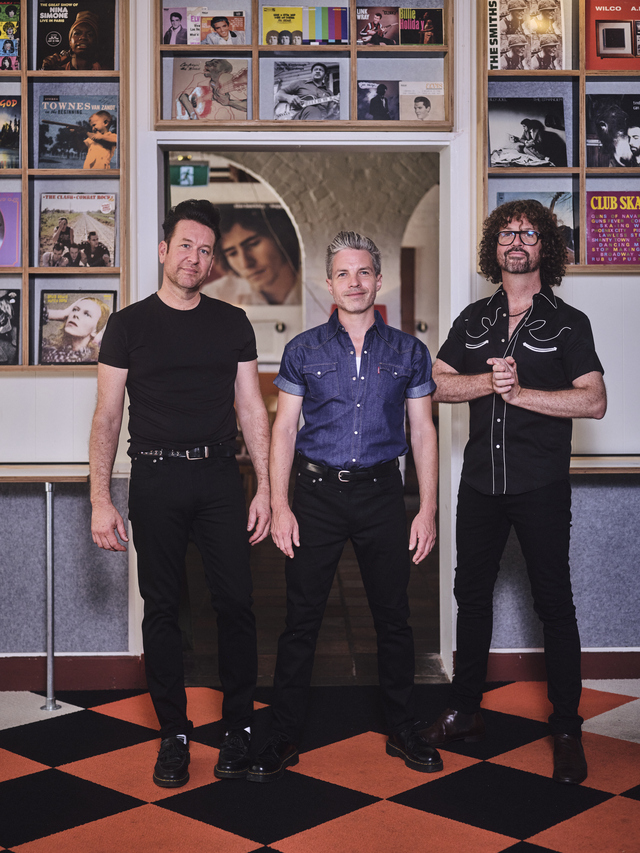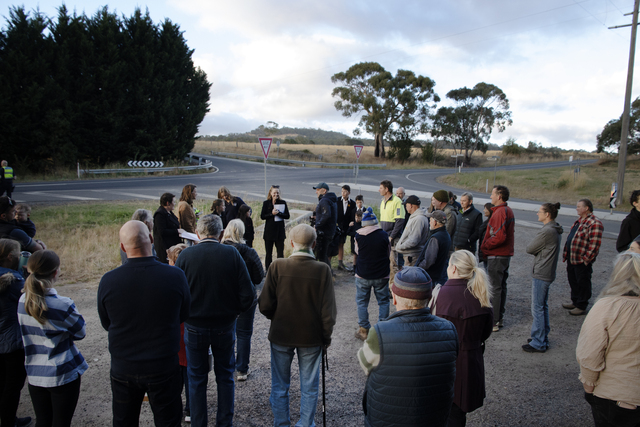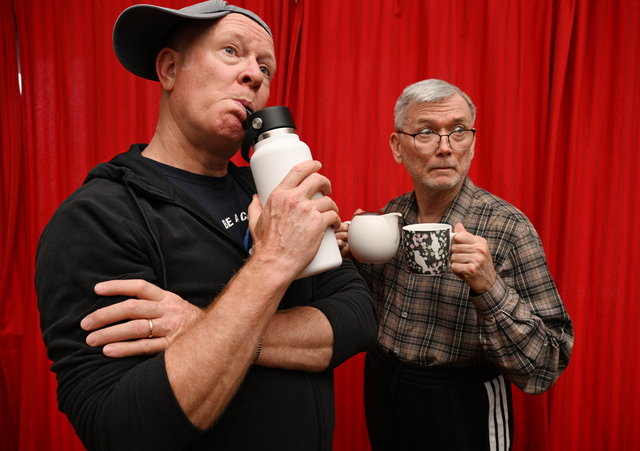With spring in the air, it’s the perfect time to get out and into your garden. Louise Zambello is the president of the Sunbury Community Garden, she spoke with Oliver Lees about her favourite pastime.
Where’s the best place to start for someone wishing to grow their own veggies?
The area selected for your edible garden should be flat and receive reasonable amounts of sunlight and some shelter from the wind. Rule of thumb is that most vegetables need at least 6 hours of direct sunlight per day, although some leafy and root vegetables do grow in the shade. There should be a garden tap nearby so you can water plants easily.
The ideal soil for growing vegetables is free draining, but still able to retain moisture and nutrients, rich in organic matter, neutral pH to slightly acidic (pH6 to 7) and rich with worms. If you think your soil needs some help, invest in a few bags of premium quality vegetable and herb potting mix. Better still, add and mix through moderate amounts of rotted animal manure, some home compost and wood ash and/or leaf mulch which will all help to produce a bumper crop.
What are you looking to plant at this time of year?
I’m on the tail end of harvesting my winter crop of peas, some early potatoes, cabbages, broccoli and cauliflowers. Spring/summer of course is the most bountiful growing season in our neck of the woods. On the agenda are carrots, potatoes, beetroot, pumpkin, beans, spring onions, radishes, lettuces, corn, silverbeet, cucumber and zucchini. And naturally a stack of tomato plants for our very special Zambello family Italian tomato passata!
Do I need a big space or a lot of equipment to start my own project?
With regard to space, the first question to ask yourself is what’s the purpose of your garden? Is it just a small kitchen garden to grow fresh food and reduce your shopping budget or do you want to be fully self-reliant from your garden? Obviously if it’s just you, you won’t need the same size garden as a family of four or six. If on the other hand you are planning on preserving the harvest you may need more space.
If you’re planning to plant multiple vegetables, you may not need as much space if the growth times are different. Technically, you can start three different gardens per year. You might want to grow a spring garden filled with lettuce, spinach, cabbage, and peas. Then a summer garden filled with tomatoes, squash, cucumbers, and peppers and then finish out the garden year by growing an autumn/winter garden with cabbage, squash, and root vegetables.
You don’t need much equipment to get started. I’d suggest a spade to dig and turnover the soil, a hoe with a long handle and a short blade to remove weeds and break up the surface of the ground and a couple of bags of premium quality potting mix/fertilizer to enrich your soil.
Other than the plants and the vegetables, what do you get out of gardening?
Gardening has always been one of my most rewarding, entertaining and healthy hobbies. Scientific evidence has shown that gardening is beneficial to those living with anxiety and depression and I know I certainly feel a sense of calmness when I’m in my garden.
It’s taught me integral life values like the value of hard work, patience, determination and caring for others. It’s helps me keep fit and stay active. Not only have I been able to completely design and create my own space, but is an opportunity to give back to nature. Just imagine if we all did our bit and gave back to the environment just by planting vegetables and fruit trees which whilst providing fresh and tasty homegrown produce creates amazing ecosystems that maintain a healthier environmental balance.
But most importantly, building a garden with a friend, a family member, a partner is a particularly rewarding bonding experience. Working together on a project, sharing knowledge, plants and seeds and learning about each other every step of the way surely makes gardening one of the greatest tools for socialising and bonding with people. Sunbury Community Garden offers all of this and more. What a great Hume City Council initiative … and it’s free!
To take a tour of the garden, contact: communitygardens@hume.vic.gov.au .

